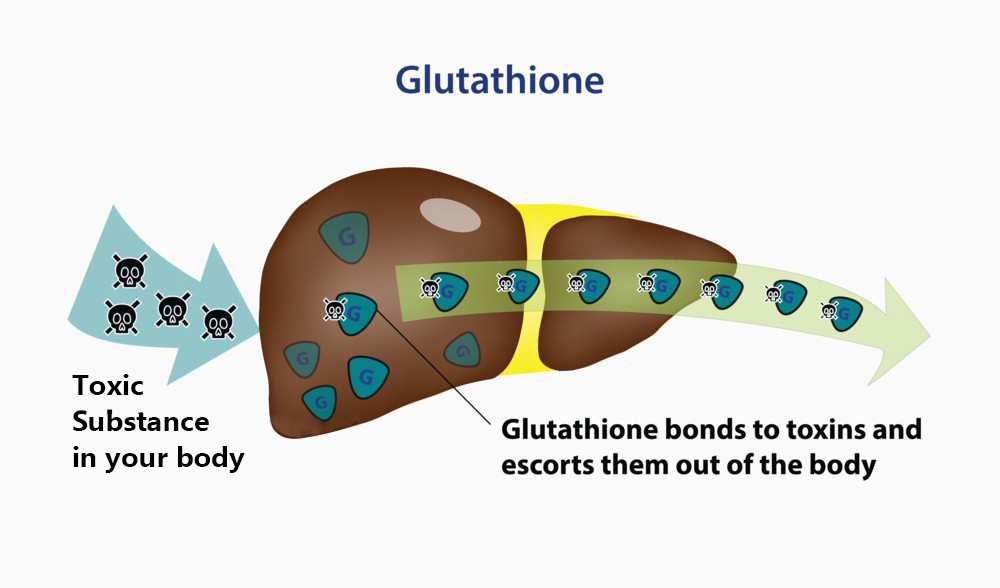Glutathione is a powerful antioxidant naturally produced by the body, and it has gained attention for its potential use in treating skin conditions like melasma. Melasma is a skin disorder characterized by dark, pigmented patches typically on the face, often caused by hormonal changes, sun exposure, or genetic factors.
How Glutathione Helps in Melasma Treatment
- Skin Lightening Effect: Glutathione is believed to have skin-lightening properties due to its ability to inhibit the enzyme tyrosinase, which plays a key role in the production of melanin (the pigment responsible for dark spots). By reducing melanin production, glutathione may help lighten the hyperpigmented areas seen in melasma.
- Antioxidant Properties: Glutathione can neutralize free radicals and oxidative stress, both of which can contribute to skin damage and melasma. This helps to prevent further pigmentation and promotes healthier skin.
- Anti-inflammatory Effects: Melasma is often exacerbated by inflammation, and glutathione’s anti-inflammatory properties may help to calm the skin and reduce the appearance of melasma.

Forms of Glutathione for Melasma Treatment
- Oral Supplements: These are often marketed for skin brightening, though their effectiveness for melasma is still debated. Some studies suggest that long-term oral supplementation may help lighten skin, though results can vary.
- Topical Creams: These creams contain glutathione as a primary ingredient and can be applied directly to the skin to target specific areas of pigmentation. However, evidence on their efficacy is limited.
- Intravenous (IV) Glutathione: Some clinics offer IV glutathione treatments, which deliver a high dose directly into the bloodstream. This method is more potent than oral supplements and is sometimes used for more significant skin lightening, including in melasma treatment. However, its safety and long-term effectiveness are still under study.
Risks and Considerations
- Skin Sensitivity: Overuse or misuse of glutathione treatments, especially in high doses, can lead to side effects like skin irritation, rashes, or even a reduction in natural skin pigmentation, leading to an unnatural appearance.
- Potential Side Effects: Oral supplements and IV treatments can sometimes cause gastrointestinal discomfort, allergic reactions, or other side effects. It’s important to consult with a dermatologist before starting any glutathione-based treatment.
- Not a Cure-All: While glutathione can help lighten the appearance of melasma, it’s not a permanent solution, and melasma can return, especially if sun exposure isn’t managed. Sun protection is essential when treating melasma.

Conclusion
Glutathione may offer some benefits in treating melasma, particularly by reducing pigmentation and promoting a more even skin tone. However, results can vary, and it is crucial to approach treatment under the guidance of a healthcare professional to avoid adverse effects and ensure the best results.
